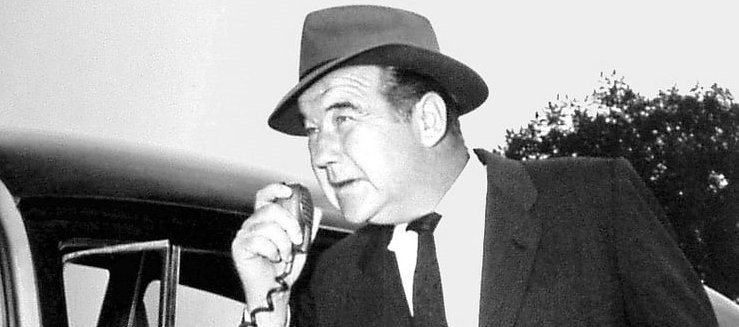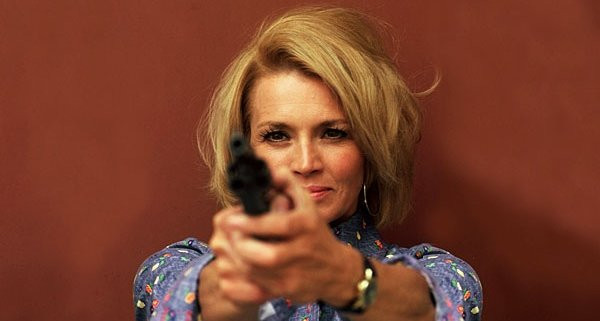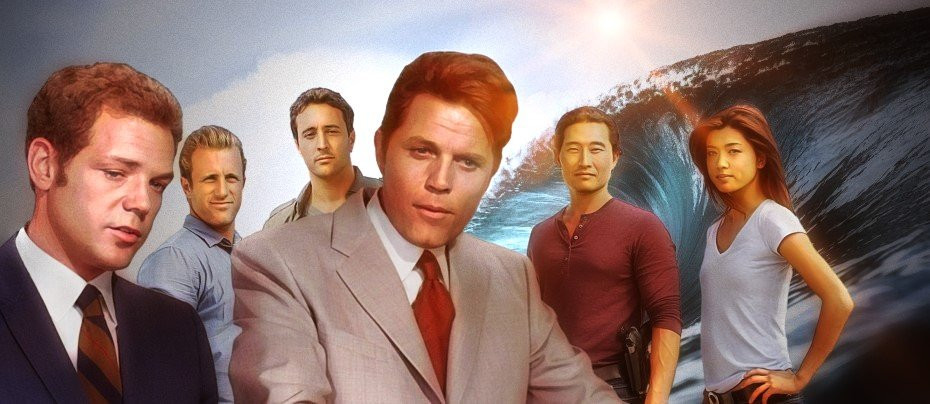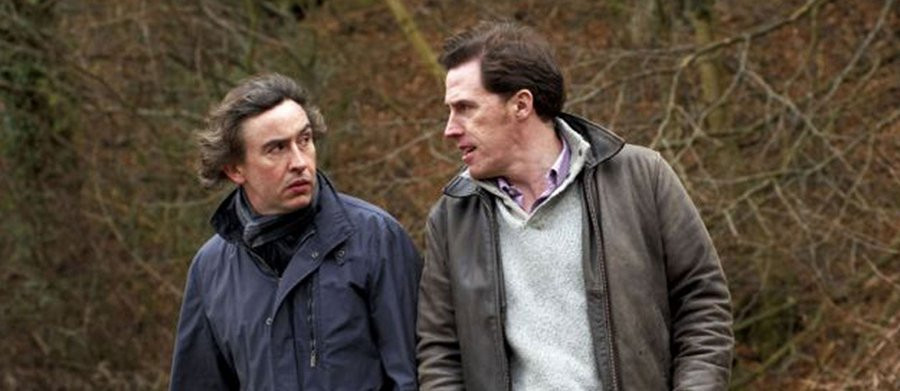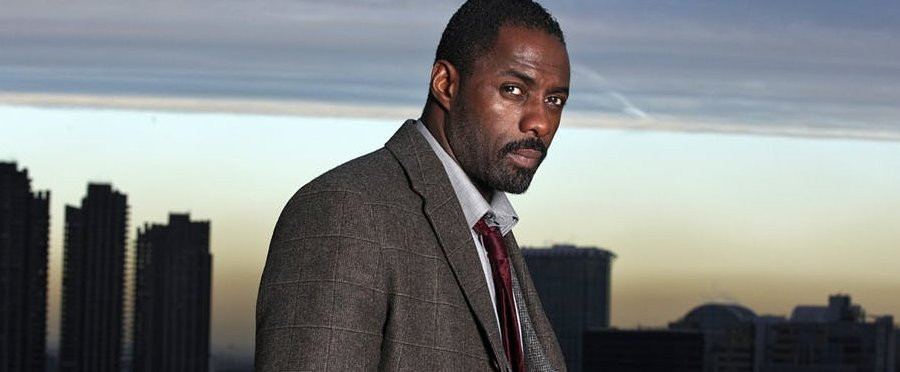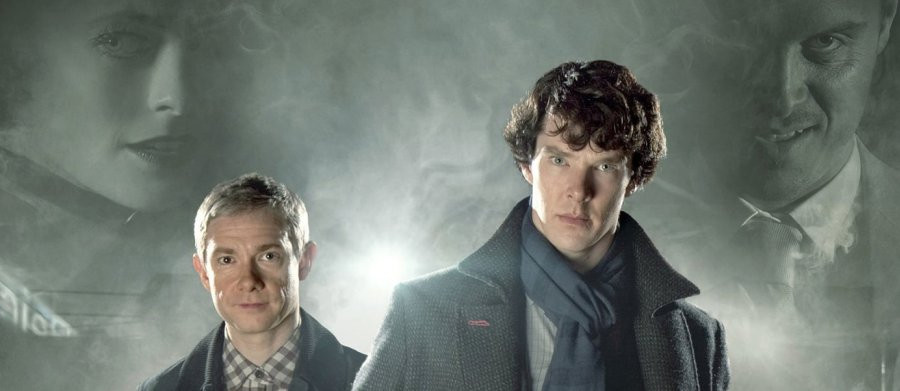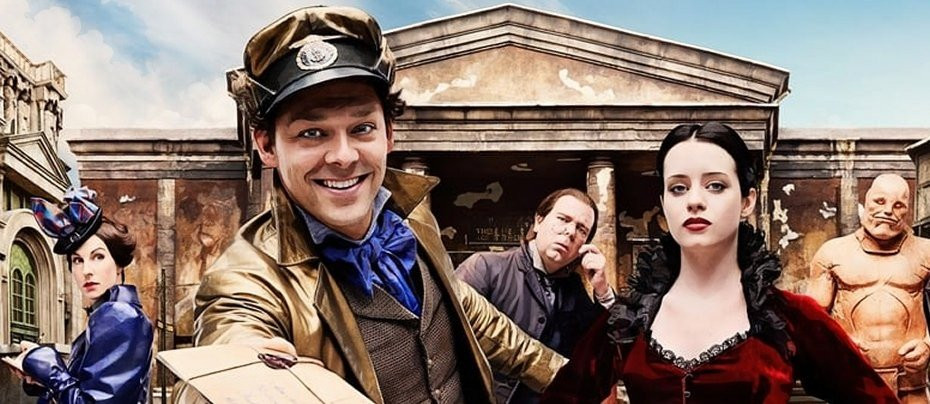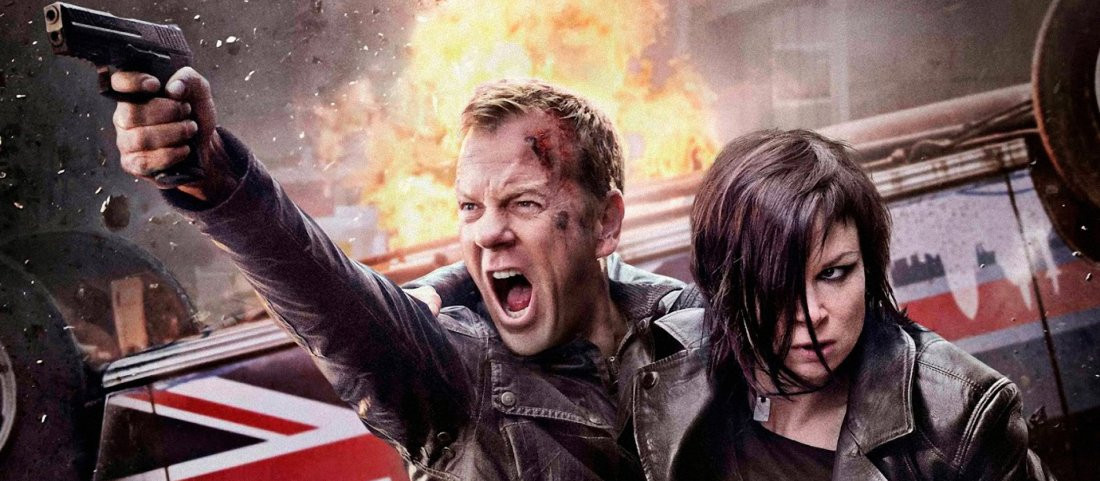
Justified
2010 - United StatesReview: JWR
Deputy US Marshal Raylan Givens first appears as a memorable supporting character in one of Elmore Leonard's best novels, 'Pronto.' Leonard liked to reuse characters, so Raylan played a similar role in its sequel, 'Riding the Rap.' A basically honest and effective lawman, who sometimes forgets that fact, he functions in the novels as a "deus ex machina," turning up rather conveniently to save the principals from the holes into which they have dug themselves.
Preternaturally calm and confident in his superior ability with firearms, Raylan models himself rather self-consciously on the legendary lawmen of the Old West, right down to the cowboy hat - despite it later being revealed that he is a former coal miner from Eastern Kentucky who has no real connection with the West at all. For all his cool, he is a man desperate to remake himself in an image of his own choosing.
This was obviously a character crying out for his own show and he got it in Justified.
If Leonard was one of the show's parents, the other was another television drama, Deadwood. The premature cancellation of David Milch's brilliant Western series put a lot of talent on the market, and it has been noticed that many of its cast went on to either or both of Justified or Sons of Anarchy, which might therefore be seen as its two children. Both also inherited much of its style, not least a relish for the squalid underside of the American dream. Of the two, Sons of Anarchy is the black sheep of the family, while Justified is the aspirational child trying to rise above his circumstances but finding it hard sometimes.
That certainly sums up Raylan himself as he is presented in Justified and played by its most distinguished Deadwood alumnus, Timothy Olyphant. The character he played in Deadwood, Sheriff Seth Bullock, a lawman with an attitude very similar to Raylan's, was in many ways the perfect apprenticeship for his role in Justified. Indeed, the television version of Raylan has more in common with the television version of the historical Bullock than he has with the Raylan of the novels.
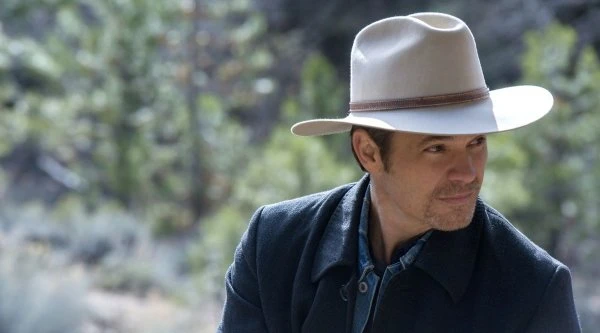
If so, he is all the better for it and even Leonard praised Olyphant's interpretation, even if, in this reviewer's opinion, he did not come across quite as he did in the books. In both the novels and the series, Raylan is presented an extremely likeable, easy going man, with a definite preference for talking his way out of potential violence. Despite that, he ends up involved in a disproportionate amount of gunplay, and he is extremely good at it.
The series basically begins and ends with classic Western "quick draw" gun duels. It is the first of these, which Raylan provoked, that gets him "exiled" from glamorous Miami and posted back to his birthplace, poverty-stricken Harlan County, Kentucky - the very place he has spent his whole life trying to leave behind.
The Patty Lovelace song, played in different versions at the end of three seasons, sounds chillingly prescient: "You'll never leave Harlan alive."

Here he is forced to navigate a complex system of allegiances. He is an outstanding Deputy Marshal, but he also sits at the centre of a web of personal obligations - to family, to friends, and even to one villain simply because they once dug coal together. This is "hillbilly country," where feuds, alliances, and debts go back for generations, to the Civil War and beyond. Raylan also has to cope with the criminal legacy of his own estranged father.
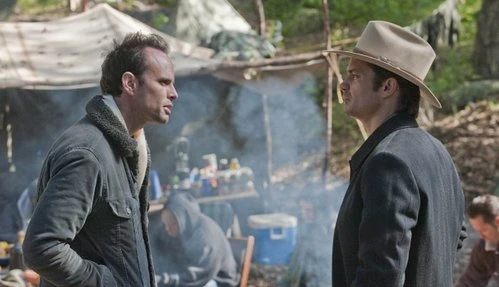
His understanding of the unwritten rules of this culture, in which to offend a man is to offend his whole kin, teaches him to proceed cautiously and diplomatically, especially when dealing with clans like the Crowders and the Bennetts, to whom law is a relative concept. Indeed, there are times when Justified seems more like a fascinating study in sociology than a crime drama.
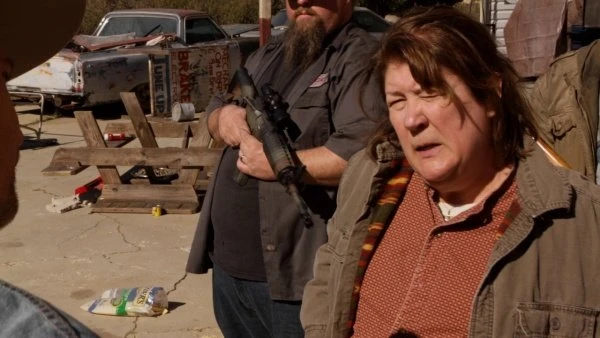
Note that the title Justified is a reference to justifiable homicide in law but also to the theological doctrine of justification, a concept particularly important to the Evangelical Christianity that is a stronger moral force than official law in places like rural Kentucky.
Since most American television is made by, and in effect for, people on the Coasts, Justified is a rare, but generally sincere, attempt to engage with the bit in the middle that elected Donald Trump. Old communities in decline are treated with respect, even sympathy. The intrusion of the modern world is represented by the attempts of the "Dixie Mafia" and the "Detroit Mob" to take over well-established local networks of illicit activities.

The intruders are best represented by Wynn Duffy (Jere Burns), an eccentric but ruthless enforcer for the "Dixie Mafia" who would really rather be surfing, and who many fans believe should have his own spin off. Tradition is best summed up by Mags Bennett (Margo Martindale, who won an Emmy for the role) a murderous matriarch whose old time Southern hospitality masks an ice cold killer. Decline very politely if she offers you her "apple pie" moonshine.
Best of all is Walton Goggins, an actor with the wonderful ability to be intense and laid back at same time, as Boyd Crowder, the defining villain of the show, a man of the old world aspiring more and more towards the new - which, as is obvious to everyone but Boyd, has no place for him. It is a performance as tragic as it is darkly comic.

The story goes that Goggins only signed up for the first episode as a favour to his pal Olyphant to help get his show off the ground. However, audience reaction to the character, and to his complicated relationship with Raylan, was so positive that he ended up hanging around for all six seasons. He was rewarded with a fascinating character arc that took Boyd from white supremacist to superficial Born Again Christian to nihilist wannabe crimelord and then back, we hope, to a more substantial Born Again Christian.
Religious themes such as redemption, repentance, the choice between good and evil, and predestination are never far from the surface in Justified.

Nick Searcy is good as Raylan's supportive but increasingly exasperated supervisor, and Joelle Carter convinces as a girl for whom Raylan probably does too many rather unwise favours. In a fine gallery of guest stars - not all of whom were in Deadwood - Jake Busey stands out in what is little more than a cameo but perfect of its type.

In the end, however, it is still very much Olyphant's show. Having built up a highly respectable curriculum vitae over the years, he was one of those actors who deserved the opportunity to demonstrate what he could really do as the leading character in a wiity, well-written show that lasted long enough for him to explore the role thoroughly. That is precisely what he was given in Justified and he makes the most of it.
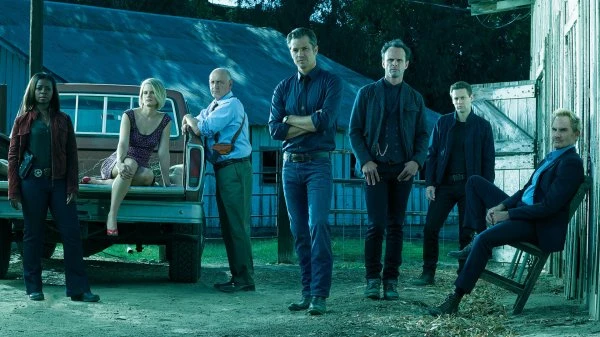
Raylan's cultivation of the image of a lawman of the Old West makes him a man out of place and out of time - and intentionally so. This could have made him a rather pathetic cliché. Instead we get a nuanced portrait of a man whose amiable exterior hints at a lot of demons being suppressed inside. The fact that he needs to project an image of something he is not says a great deal in itself. Yet he remains sympathetic, a man trying to live by his own code of honour - which is not always necessarily the letter of the law - in a dishonourable world he does not always understand.
Were it not for this deliberate choice on Raylan's part, perhaps he would have ended up with more in common with Boyd Crowder than he might like to think.
It is also to Olyphant's credit that it was apparently his decision to call time on this gift of a role when he felt he had taken it as far as it could go after six seasons. The magical seventh season - traditionally the trigger to get a show into syndication, and therefore increased repeat money, in the US - was there for the asking, but Olyphant and the writers preferred to quit while they were ahead. This is a rare example of artistic integrity triumphing over commercial reality in television, and leaves us with a minor classic that never got stale.
Seen this show? How do you rate it?
Seen this show? How do you rate it?
Published on December 20th, 2019. Written by John Winterson Richards for Television Heaven.


